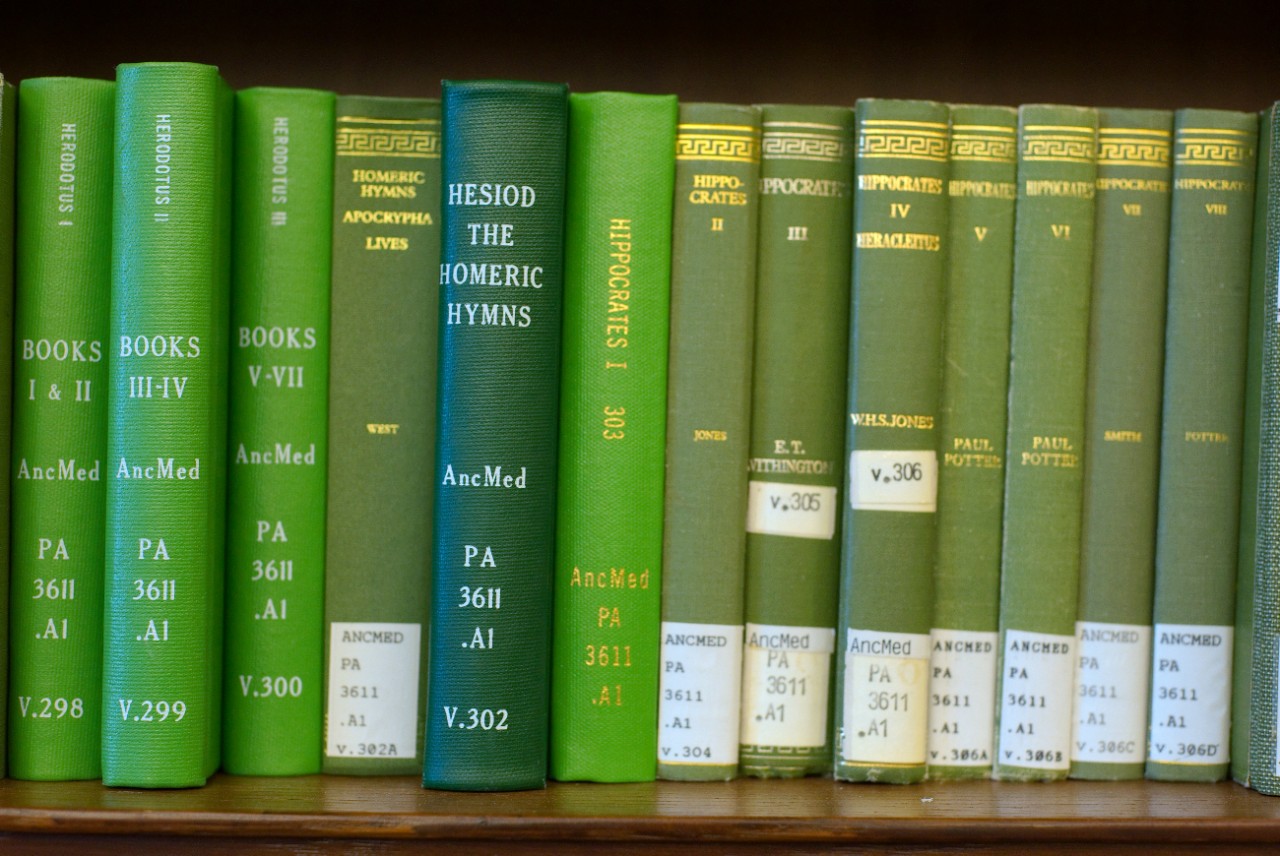Sharing Scholarly Work

The Open Access movement is based on the premise that sharing research results and scholarly work leads to an increase in knowledge, scholarly output, innovation and invention. Open Access is generally defined as the free and immediate availability of research results with few or no restrictions on re-use. Open Access can also include material that becomes freely available after an embargo period to allow for publication with few restrictions on re-use.
Open Access
Copyright ownership and open access are not mutually exclusive. They can co-exist and in fact depend on each other so long as faculty members who have chosen to participate in open access have control over their copyrights. This is why Copyright Advisory Services encourages faculty to be aware and strategic in managing their copyrights. Publishers may claim to have open access or sharing policies but their terms change often and are complex and confusing.
Four departments or schools at Columbia University have adopted Open Access Policies:
- Columbia University Libraries/Information Services
- Lamont-Doherty Earth Observatory
- Mailman School of Public Health
- Columbia University School of Social Work
A growing number of granting institutions and organizations are adopting Open Access requirements for research funded by them. For a full discussion of these granting organizations and their requirements consult Columbia University Libraries Scholarly Communications Program.
Columbia University's Academic Commons
The premise of Open Access is that faculty, upon creating their scholarly work, license their rights to Columbia University on a non-exclusive basis so that it can be shared in an institutional repository. The idea is that by providing an immediate implied license upon creation, the faculty member retains the right to share scholarly work no matter what terms and conditions may be imposed at a later date. In order to facilitate distinctions in circumstances, Columbia University’s policies also provide for the ability of the faculty member to opt out.
Columbia University’s dedicated institutional repository is called Academic Commons and it is managed by the Digital Scholarship unit of Columbia University Libraries. Faculty are encouraged to take advantage of the enormous benefits of contributing to Academic Commons.
In addition, federal granting agencies and increasingly private foundations are requring that research results and manuscripts are published as open access. For more information, consult the Columbia University Libraries' Scholarly Communication Program.
Open Access and Publishing Agreements
Attaching an addendum to your agreement is often a quick and effective means for assuring your right to share your work with colleagues and the public on the web and any other way. The following are links to sample addenda that you can complete and sign, or revise to meet your needs.
Here is a sample addendum that addresses requirements of Columbia’s open access policies, and it includes two short provisions allowing for uses in future research, teaching, and professional activities: Sample Addendum For Future Use
Here is a sample addendum that includes those same provisions as the one referenced above but also adds language addressing requirements of a grant funder's open access policy: Publishing Addendum
Fair Use of Art Images in Scholarly Work and Publications
The Association of Art Museum Directors has posted new fair use guidelines for the use of images of in-copyright artworks online. The Guide also includes a chapter on the fair use of art images when included in scholarly publications. See Guidelines for the Use of Copyright Materials and Works of Art by Art Museums
Resources
Academic Commons at Columbia University
Open Access Policies at Columbia University
Sherpa-Romeo Database for Publisher’s Open Access Policies
Scholarly Communication Program at Columbia University Libraries
National Science Foundation Open Access Plan
National Institute of Health Open Access Policy
Department of Energy Open Access Plan
Guidelines for the Use of Copyright Materials and Works of Art by Art Museums